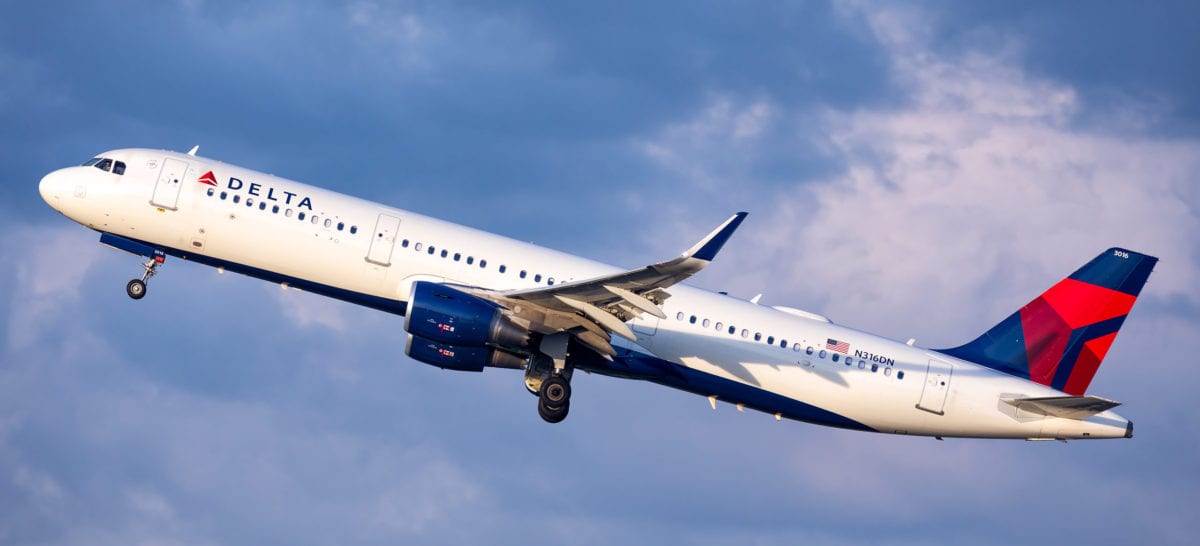Think flight prices are too high? The Biden Administration says it's on the case.
The U.S. Department of Transportation and the U.S. Department of Justice's Antirust Division on Thursday announced a broad public inquiry into the state of competition in air travel. Both federal agencies say they're looking to gather information across the airline industry, determining whether they need to take additional steps to ensure airlines continue competing to keep prices lower and travel accessible.
“Good service and fair prices depend on ensuring that there is real competition, which is especially challenging for the many American communities that have lost service amid airline consolidation,” Transportation Secretary Pete Buttigieg said in a statement. “Our goal with this inquiry is to identify and remove barriers to competition so that more Americans can access the opportunities that come with good, affordable air service.”
But unlike recent probes into frequent flyer mile programs or Delta's historic summer meltdown, regulators aren't going after airlines themselves just yet. Instead, they're seeking public comment by Dec. 23 on “consolidation, anticompetitive conduct, and a wide range of issues affecting the availability and affordability of air travel options,” according to a news release.
That includes input on:
- Previous airline mergers
- Exclusionary conduct
- Airport access
- Aircraft manufacturing
- Airline ticket sales
- Pricing and rewards practices
- Experiences of aviation workers
Anyone involved in the airline industry, from passengers to airlines to travel agents, is invited to participate.
What's behind this latest investigation? If there's one thing Americans love to complain about, it's airlines and their expensive flight prices. And, lest we forget, there's an election coming up in less than two weeks.
Airlines for America, a trade group representing major U.S. airlines, said in statement the timing of the Biden administration's inquiry “suggests political motivations.”
The focus on flight prices also doesn't match reality: Federal data shows flight prices have been steadily decreasing. And our team's 24/7 searching has proven that plenty of flight deals are out there.
Bouncing back from the worst of the pandemic, airlines have raced to add more planes and flights to meet travel demand, eventually flooding the skies with more seats than they could fill. That's led to years record-low domestic airfares and dirt-cheap fares to Europe in 2024 – even during the peak summer. Average airfare has consistently fallen from its peak in 2021.
Airlines may be finally beginning to course-correct … but we're still in a sweet spot for cheap flights – at least for now.
But airline mergers, in particular, are a sore topic in American travel.
Decades of consolidation have left travelers with four primary carriers: American, Delta, Southwest, and United, plus a smattering of smaller airlines and struggling low-cost carriers. Travelers love to reminisce about the golden days of flying airlines like Pan Am, TWA, or even Northwest Airlines before they dissolved or were gobbled up by competitors.
Biden's administration has already put a stop to several airlines' attempts to partner up or merge.
It successfully blocked JetBlue's proposed $3.8 billion acquisition of Spirit while also forcing JetBlue and American to give up on their partnership. More recently, the administration gave the green light for two other airlines, Alaska and Hawaiian, to combine – only after ensuring that any miles earned with either program would be protected.
The Biden Administration has repeatedly and consistently pushed the airline industry to shape up.
Last month, the DOT launched a probe into airlines' frequent flyer programs. They also issued two new federal rules requiring airlines to disclose fees upfront and promptly issue refunds when they cancel or delay flights.
This latest inquiry comes amid renewed talks about Spirit and Frontier merging, as first reported by the Wall Street Journal. The two ultra-low-cost carriers previous plans to merge fell through back in 2022, after JetBlue swooped in with a winning bid that the administration eventually killed.





